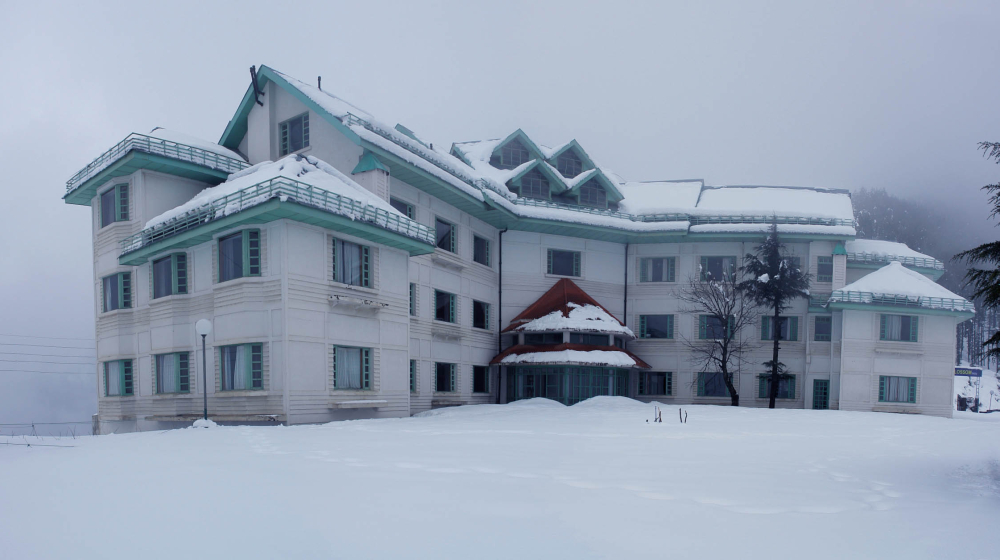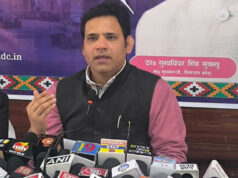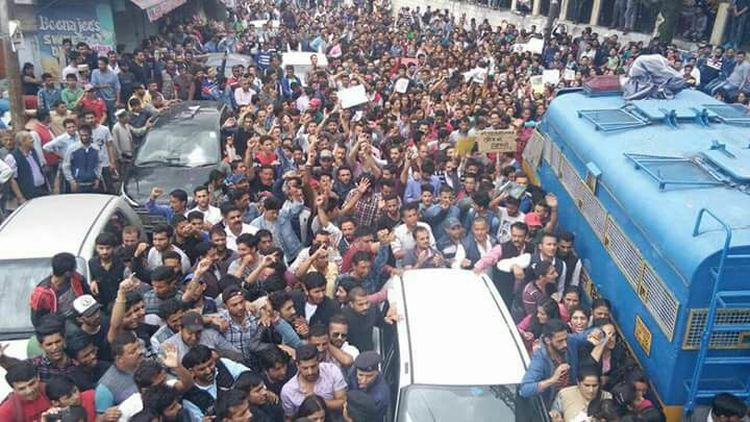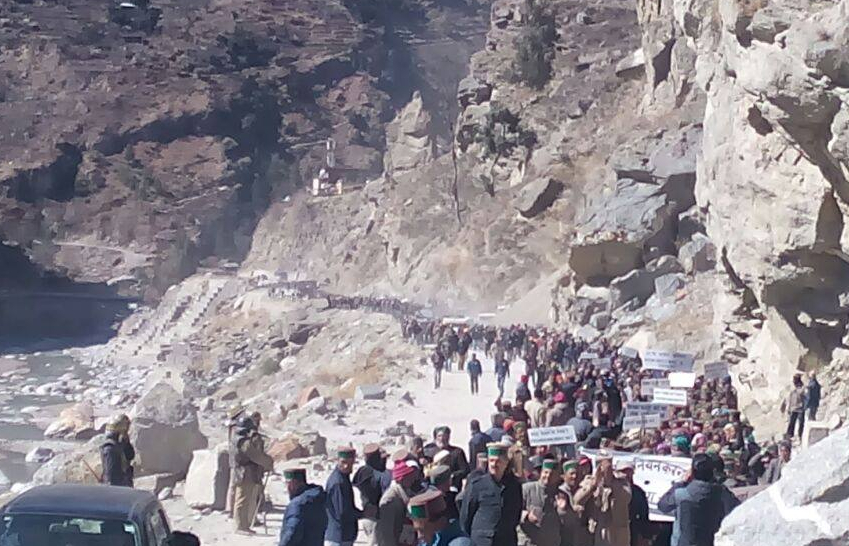Shimla – The HP Tourism Development Corporation (HPTDC) of Himachal Pradesh is embroiled in a bureaucratic quagmire as it seeks legal recourse to recover nearly Rs 22 lakh in expenses incurred during the Central Bureau of Investigation’s (CBI) prolonged stay in the city. The CBI was in Shimla for months investigating the highly publicized Gudiya case, and the bills for accommodation and meals have now become a contentious issue among various state departments.
The CBI flatly refused to pay the outstanding amount of Rs 21,96,590, asserting that the responsibility for these expenses falls on the state government. Complicating matters further, the General Administration Department (GAD) has also distanced itself from covering the costs, leaving the Tourism Corporation in a precarious financial position. “Our corporation is struggling to pay employee salaries; this situation is untenable,” stated Dr. Rajeev Kumar, Managing Director of the HPTDC.
The CBI team made its base at the State Guest House Peterhoff, occupying six rooms for about a year and a half during its investigation from 2017 to 2018. The Tourism Corporation was tasked with arranging meals and other amenities for the team, which typically would be funded by the GAD. However, the GAD’s refusal to assume responsibility has resulted in a standoff between the HPTDC and the CBI.
The issue traces back to the previous Congress government, which invited the CBI to Shimla, and despite the change in administration to the BJP, the financial arrangements remained unchanged. In a bid to resolve the matter, the current Congress government reviewed the situation and sent a letter to the CBI headquarters in New Delhi, requesting payment. However, the CBI responded that it would not be able to fulfil the payment obligation, reaffirming that the state government was legally responsible for the CBI team’s expenses.
With the Tourism Corporation facing ongoing financial challenges, the decision to seek legal counsel reflects the urgency of the situation. The corporation is now exploring its options to reclaim the funds that are vital for its operations. The prolonged absence of a resolution has raised concerns about the management of expenses incurred by federal investigative agencies, prompting calls for clearer policies regarding such situations in the future.
As the Tourism Corporation navigates this bureaucratic maze, the outcome remains uncertain. However, the corporation’s determination to pursue legal action highlights the need for accountability within the system, ensuring that financial burdens do not fall disproportionately on state entities struggling to meet their obligations.











